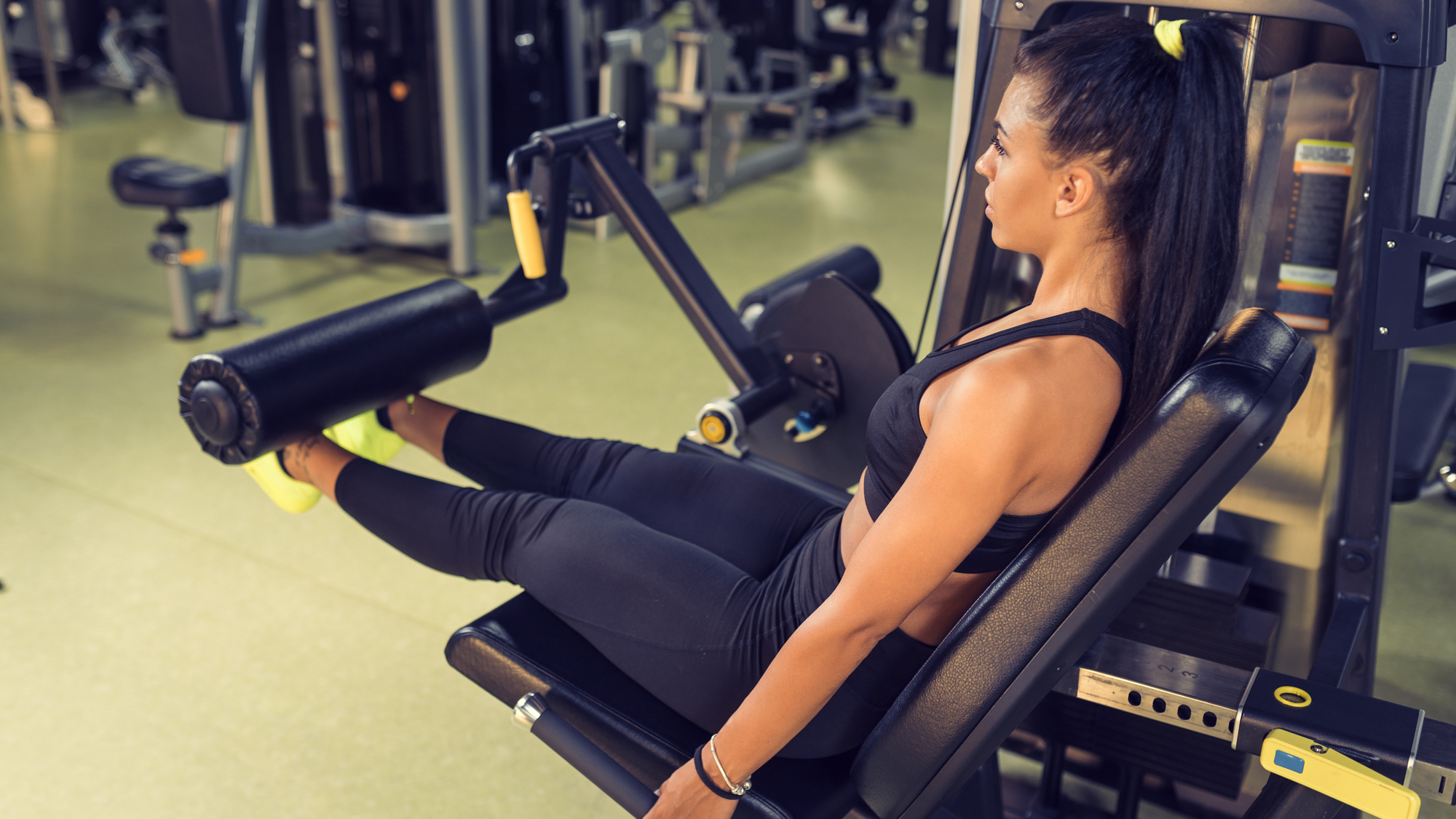Longer lifts with fewer reps might be the key to bigger muscles, study finds
Focusing on your form and increasing time under tension could be more effective than aiming for higher reps


Start your week with achievable workout ideas, health tips and wellbeing advice in your inbox.
You are now subscribed
Your newsletter sign-up was successful
When you're working out with weights, you have to decide whether to set a rep goal or focus on how long you train. Some favor rep targets, while others swear by time-based goals.
If you're after bigger muscles, though, the results of a recent study suggest that maybe all you need is a set of the best adjustable dumbbells and some dedicated training time to get stronger.
The study, published in the Journal of Strength and Conditioning Research, looked at the impact of changing the time under tension (TUT) during bench press workouts, focusing on the chest and arm areas.
The participants were assigned into three groups; Protocol 3s, Protocol 6s, and a control group. The two protocol groups had a 10-week bench press training program of between three and four sets, while the control group didn't exercise.
The Protocol 3s participants would do 12 reps per set, lasting 3 seconds each. Meanwhile, the Protocol 6s exercisers lifted for 6 seconds but did just six reps per set. The time per set, 36 seconds, and 3-minute rest between sets were the same for both groups.
At the end of the study period, both training groups had similar levels of muscle growth and their 1-rep maximum (1RM). This is used to find the maximum weight someone can lift for a single rep and is commonly used as an indicator of strength.

When discussing the results, the authors note that "training protocols with the same time under tension promote similar strength gains and muscle hypertrophy" and that "training volumes cannot be considered separately from TUT."
Start your week with achievable workout ideas, health tips and wellbeing advice in your inbox.
This confirms previous research into the effect of time under tension. According to a 2012 study, leg extensions performed for 6 seconds up and 6 seconds down at 30% of your 1RM to fatigue achieved more significant results than 1 second up and 1 second down.
All of this suggests that increasing the duration of each rep, rather than the number of reps per set, could be the key to more effective muscle growth. One of the best ways to get started is to focus on how to lift weights properly.
By focusing on your form and finding the ideal weight, you'll feel more in control of the exercise and able to extend the time under tension without injury. Plus, getting the technique right makes the exercise more effective, too.
You'll also want to pick up some of the best protein powder for weight loss. Protein is essential for muscle growth, and these powders have fewer calories than standard options. As a result, you can hit your training goals and build lean muscle.

James is a London-based journalist and Fitness Editor at Fit&Well. He has over five years experience in fitness tech, including time spent as the Buyer’s Guide Editor and Staff Writer at technology publication MakeUseOf. In 2014 he was diagnosed with a chronic health condition, which spurred his interest in health, fitness, and lifestyle management.
In the years since, he has become a devoted meditator, experimented with workout styles and exercises, and used various gadgets to monitor his health. In recent times, James has been absorbed by the intersection between mental health, fitness, sustainability, and environmentalism. When not concerning himself with health and technology, James can be found excitedly checking out each week’s New Music Friday releases.